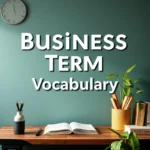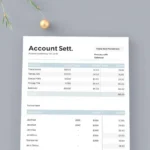Interest rates: Choosing between fixed and variable
Understanding Fixed Interest Rates

What are Fixed Interest Rates?
Fixed interest rates are loans where the interest percentage remains constant throughout the life of the loan. This means that the borrower pays the same interest amount every month, providing stability in budgeting and planning. For those seeking predictability, fixed rates can be the ideal choice as they shield borrowers from future rate increases. However, the set nature of these rates also means that borrowers may miss out on potential decreases in interest rates.
One of the most significant advantages of fixed interest rates is predictability. Borrowers can easily calculate their total loan repayment amounts and plan budgets accordingly. Additionally, this stability is especially beneficial in a fluctuating economy, where interest rates can rise unexpectedly. For individuals who prefer certainty in their financial commitments, fixed rates provide peace of mind.
On the other hand, fixed interest rates can limit flexibility. If a borrower is locked into a higher fixed rate, they may find themselves paying more in interest compared to those with variable rates when the market conditions shift positively. Moreover, if interest rates drop significantly, a fixed-rate borrower may feel stuck in an unfavorable position and miss the chance to refinance at a better rate.
When to Choose a Fixed Interest Rate
Choosing a fixed interest rate is often advisable for long-term financial commitments, such as mortgages. Individuals planning to stay in their homes for an extended period may benefit from locking in a fixed rate. This decision allows them to enjoy stable monthly payments, making budgeting much more manageable in the long run.
For risk-averse individuals, opting for fixed interest rates can serve as a financial safety net. Those who prefer not to deal with the unpredictability of interest rate fluctuations are more likely to find security in a fixed arrangement. This preference can significantly affect their overall financial strategies, particularly regarding home loans or longer-term investments.
If a borrower perceives an upward trend in interest rates, locking in a fixed rate could be a smart move. Anticipating market changes allows for informed decisions about whether to choose fixed rates. By understanding economic indicators and conducting thorough research, borrowers can position themselves advantageously in their lending choices.
Understanding Variable Interest Rates
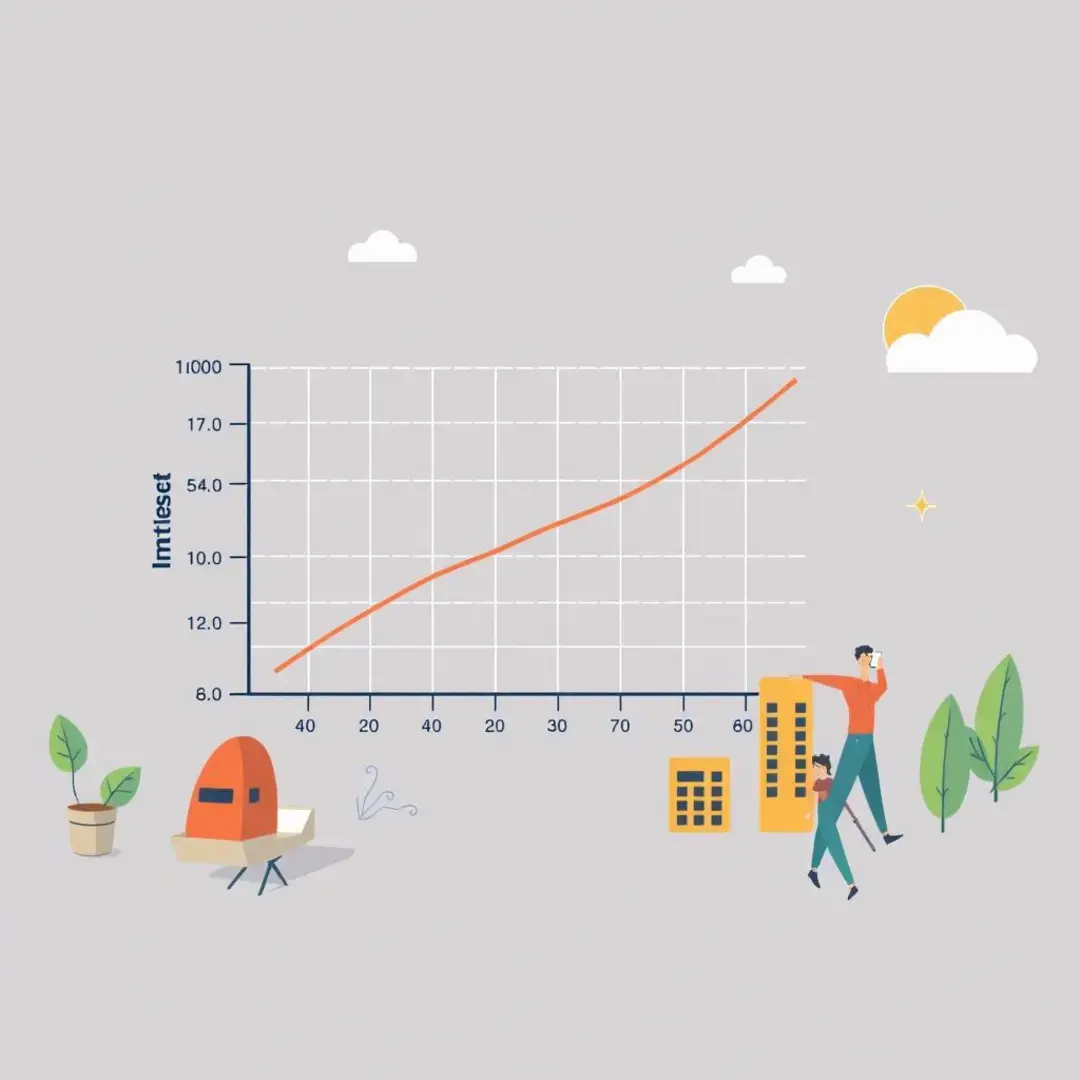
What are Variable Interest Rates?
Variable interest rates, also known as adjustable rates, fluctuate over time based on market conditions and benchmarks like the prime rate. This type of loan starts with a lower initial interest rate, but the payments can vary throughout the loan’s life. Because of these characteristics, borrowers may experience significant savings initially, but they must also prepare for potential increases in their monthly payments down the line.
The adjustments to variable rates can happen periodically, often annually. This means the borrower’s payment could decrease or increase based on market performance. Understanding how these adjustments work is crucial for borrowers; keeping an eye on prime rates can aid in predicting future payment changes and planning accordingly.
Most variable rate loans come with certain limits, known as caps and floors. Caps prevent the interest rate from exceeding a specific percentage, protecting borrowers from drastic increases. Conversely, a floor sets a minimum interest rate, ensuring that borrowers don’t see their rates drop excessively. Both features play critical roles in managing the risks associated with variable interest rates.
When to Choose a Variable Interest Rate
Variable rates may be advantageous for those with short-term financial goals. If a borrower plans to repay or refinance their loan within a few years, taking advantage of lower initial rates could result in substantial savings. This strategy is often recommended for people who are comfortable with potential fluctuations in their financial obligations.
The prospect of lower interest payments is another significant attraction of variable rates. When market conditions favor borrowers, they can benefit from decreased financial commitments. Lower rates in the initial years can also translate into added financial flexibility, helping borrowers invest elsewhere.
For those opting for variable interest rates, implementing strategies to manage potential fluctuations is essential. One effective approach is to maintain a budget that accommodates potential rate increases. Additionally, borrowers can explore refinancing options or even switching to fixed rates if they feel the market conditions are unfavorable.
Comparing Fixed and Variable Interest Rates
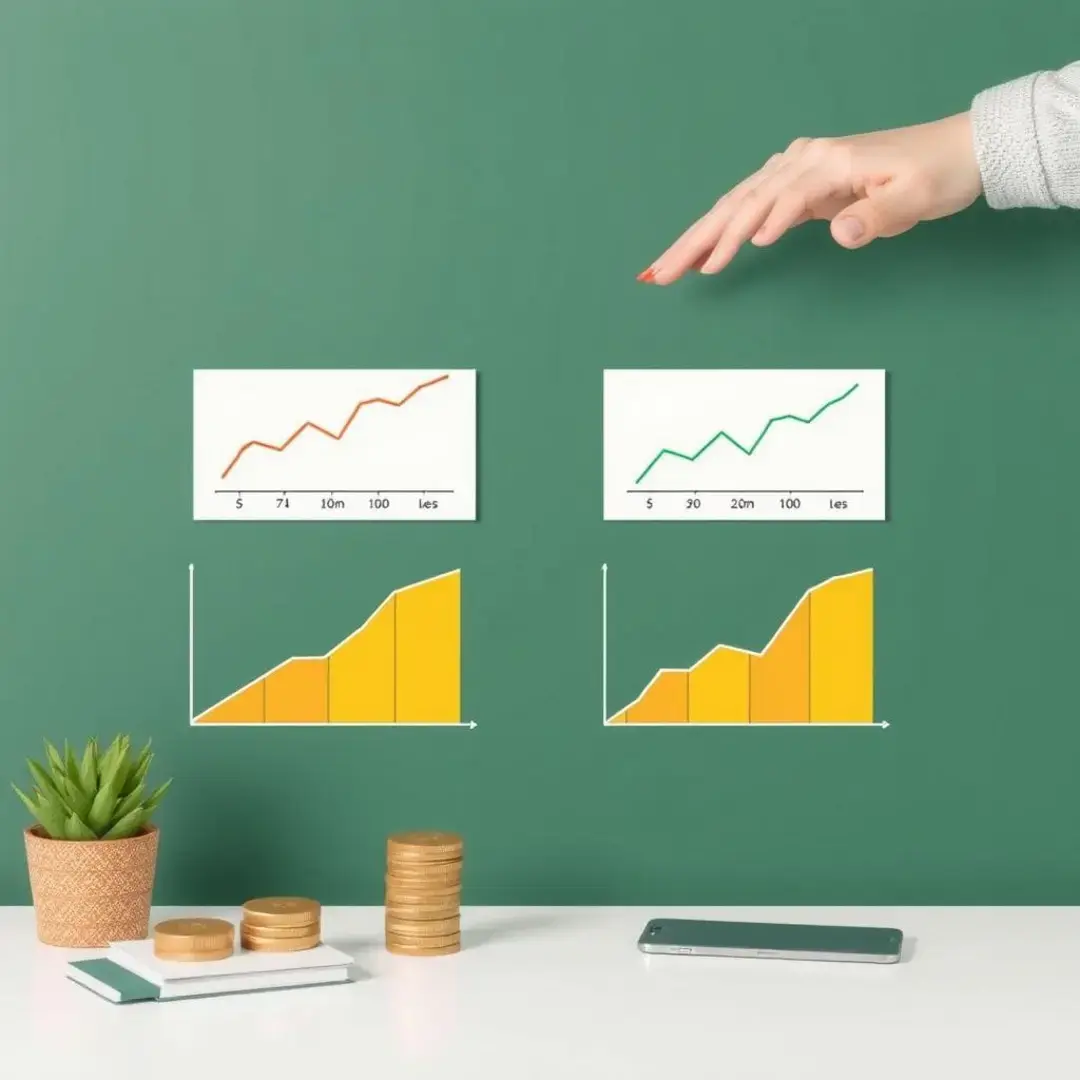
Direct Comparison of Key Features
Assessing interest rate risk is crucial when comparing fixed and variable rates. Fixed rates inherently carry less risk in terms of predictability, while variable rates introduce a level of uncertainty. Borrowers must weigh these aspects carefully and consider how they align with their financial habits and preferences.
The economic climate significantly affects fixed and variable rates. In times of economic expansion, variable rates might offer better returns as they adapt to easier borrowing conditions. Conversely, during periods of economic instability, fixed rates may protect borrowers from sudden rate hikes, providing a more controlled financial environment.
Flexibility in repayment terms is a critical consideration here. Fixed loans offer certainty with predictable payments, while variable loans can be more adaptable, allowing for potentially lower payments at certain times. Ultimately, the decision should align with the borrower’s lifestyle and financial goals.
Making the Right Choice for Your Financial Situation
While making a decision on fixed versus variable rates, borrowers should consider several factors. These include their current financial status, income stability, and economic outlook. It can also be helpful to evaluate personal risk tolerance—how comfortable one is with potential rate changes can steer this decision considerably.
Understanding one’s risk tolerance is key in this decision-making process. Individuals who have the capacity to absorb financial fluctuations might lean towards variable rates, while those who prioritize stability may choose fixed rates. Setting clear financial goals can help inform which interest rate type will best support achieving those objectives.
Finally, assessing whether your strategy is long-term or short-term can significantly impact which rate to choose. Long-term strategies may benefit from the predictability of fixed rates, whereas short-term strategies might take advantage of the lower costs associated with variable rates. Each situation is unique, and careful consideration of all angles is essential.
Advanced Considerations for Interest Rate Selection
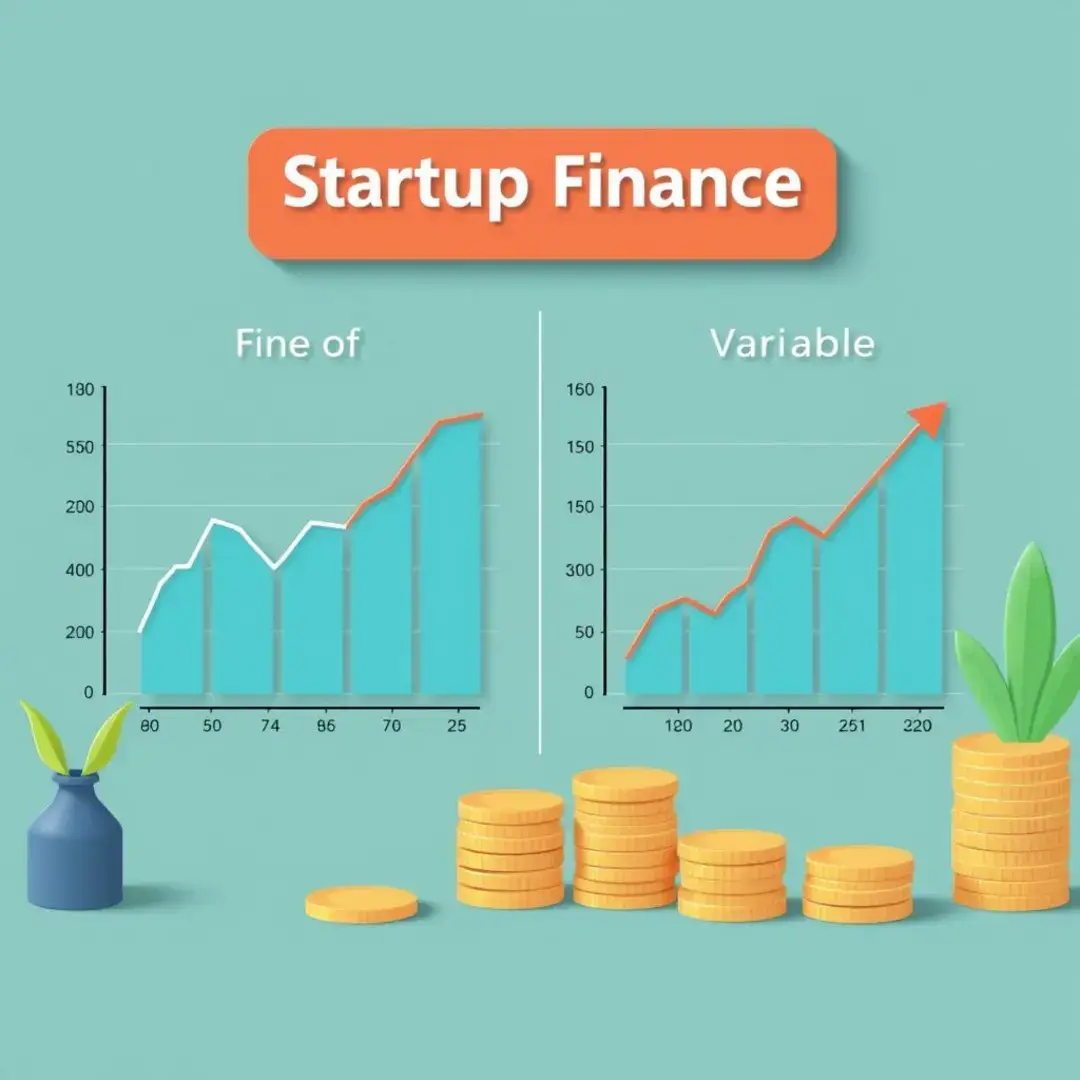
Impact of Inflation on Fixed and Variable Rates
Inflation has a profound impact on both fixed and variable interest rates, often influencing borrowing costs. Fixed rates may seem more appealing during inflationary periods because they lock in borrowers at current rates, preventing them from experiencing increases as costs rise. On the other hand, variable rates might start low during such periods, but they can quickly adjust, becoming more expensive than initially anticipated.
To mitigate inflation risk, borrowers can explore options such as refinancing or seeking loans with features that adjust based on inflation rates. Keeping an eye on inflation trends and adjusting loans accordingly can save money over time. Education and planning allow borrowers to navigate the challenges inflation presents effectively.
Interest Rate Forecasting and Its Limitations
Forecasting interest rates involves analyzing various economic indicators such as employment rates, inflation data, and industry performance. Understanding these indicators can help borrowers anticipate potential rate shifts and offer insights into making strategic financial decisions. However, it’s important to remember that these indicators do not guarantee outcomes and should be approached with caution.
While predictive models can provide valuable insights, they often have limitations. Many factors can influence interest rates, and their unpredictability makes forecasts inherently uncertain. Borrowers should be aware that relying too heavily on these models could lead to misguided financial strategies, highlighting the importance of incorporating flexibility into any financial plan.
Refinancing Options and Strategies
Refinancing can be an effective strategy for borrowers at various points in their financial journey. For example, if interest rates drop significantly, it may be beneficial to refinance a fixed-rate loan to take advantage of lower rates. Additionally, if a borrower’s credit score has improved, they may qualify for better terms through refinancing.
Before making the decision to refinance, it’s crucial to carefully evaluate the associated costs and potential benefits. Factors such as closing costs, lender fees, and the length of time one plans to stay in a home should all be considered. A thorough analysis ensures that refinancing results in tangible financial gains.
